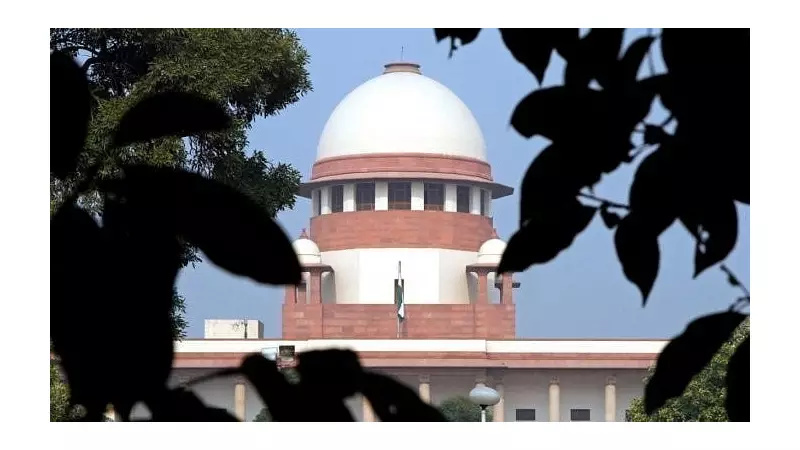
In a significant ruling that reinforces the independence of the judiciary, the Supreme Court of India has struck down key provisions of the Tribunals Reforms Act. The landmark judgment delivered on November 19, 2025, marks a crucial moment in India's constitutional history.
Court's Strong Rebuke to Government
A bench comprising Chief Justice B R Gavai and Justice K Vinod Chandran delivered the powerful verdict, stating that the government should not have reintroduced provisions that had previously been quashed by the court. The judges emphasized that the impugned provisions violated fundamental constitutional principles that form the bedrock of Indian democracy.
The bench explicitly noted that the contentious clauses compromised the separation of powers and threatened judicial independence. This is not the first time the court has addressed these issues, making the government's decision to reintroduce the same provisions particularly noteworthy.
Constitutional Principles Upheld
The judgment strongly reaffirmed the importance of maintaining clear boundaries between different branches of government. The court emphasized that the independence of the judiciary cannot be compromised through legislative measures that interfere with the functioning of tribunals.
The ruling specifically addressed provisions related to the appointment and tenure of tribunal members, which the court found objectionable. By striking down these clauses, the Supreme Court has ensured that tribunals remain free from executive influence and can function as independent judicial bodies.
Broader Implications for Governance
This decision has far-reaching consequences for how tribunals operate across India. The judgment serves as a reminder that constitutional principles cannot be bypassed through legislative maneuvers. The court's firm stance demonstrates its commitment to protecting the basic structure of the Constitution.
The timing of this verdict, coming at a time when judicial reforms are widely discussed, makes it particularly significant. Legal experts believe this ruling will shape future discussions about tribunal reforms and the relationship between different branches of government.
As India continues to evolve its legal framework, this Supreme Court judgment stands as a powerful affirmation of judicial independence and constitutional integrity.





